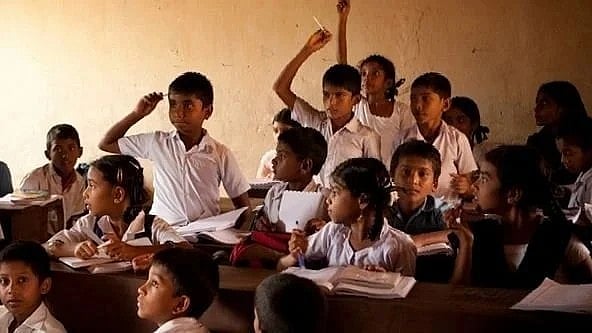As parents, we often think of our role as providing love, care, and security to our children. But our influence extends far beyond meeting their basic needs. We are our children’s first teachers, shaping not only how they think but also how they feel, behave, and respond to the world around them. The values we instill early on become the moral compass that guides them through life’s challenges.
Honesty
One of the most essential lessons parents can teach is honesty. It is the foundation of trust—both in relationships and in how children perceive themselves. When children learn the importance of being truthful, they grow up with a clear sense of integrity and the courage to take responsibility for their actions. A home where honesty is valued becomes a safe space where children feel confident enough to admit mistakes and learn from them.
Kindness and empathy
Equally important is kindness and empathy. In a world that can often feel divided and harsh, teaching children to understand and respect the feelings of others is crucial. When children learn to put themselves in someone else’s shoes—whether it’s a friend, a stranger, or even an animal—they develop the ability to form deeper, more meaningful relationships. Empathy doesn’t just make children more considerate; it builds emotional intelligence that will serve them well in every aspect of life.
Responsibility
Then there is responsibility—a value that prepares children to face life with confidence. Simple tasks like keeping their toys away, feeding a pet, or helping around the house teach them accountability and independence. These small responsibilities, when encouraged consistently, nurture a sense of discipline and self-reliance that becomes invaluable as they grow older.
Gratitude and respect
Parents must also nurture gratitude and respect. Gratitude helps children appreciate what they have rather than focus on what they lack. It shifts their perspective from entitlement to appreciation, and in turn, makes them more grounded and content individuals. Respect—towards elders, peers, the environment, and themselves—is another cornerstone value. When children learn to value differences and treat others with dignity, they contribute positively to their communities.
Self-love
One lesson that often gets overlooked, but is equally important, is self-love. In an age where comparisons and competition are constant, children must be taught to love themselves just as they are. Self-love builds confidence, resilience, and inner peace. When children feel good about themselves, they are better equipped to spread kindness and positivity to those around them.
To conclude...
Of course, the most powerful way to teach these values is by leading by example. Children absorb what they see far more than what they are told. When they witness honesty in our actions, kindness in our words, and gratitude in our attitude, they naturally mirror those behaviours. Our actions speak louder than any lesson we try to teach—children learn most by watching us.
Ultimately, the lessons we teach our children go far beyond academics or achievements. Honesty, empathy, responsibility, gratitude, and self-love are the true markers of success and happiness. When children grow up surrounded by love, respect, and guidance, they don’t just become good individuals—they become compassionate, confident human beings ready to make the world a better place.






